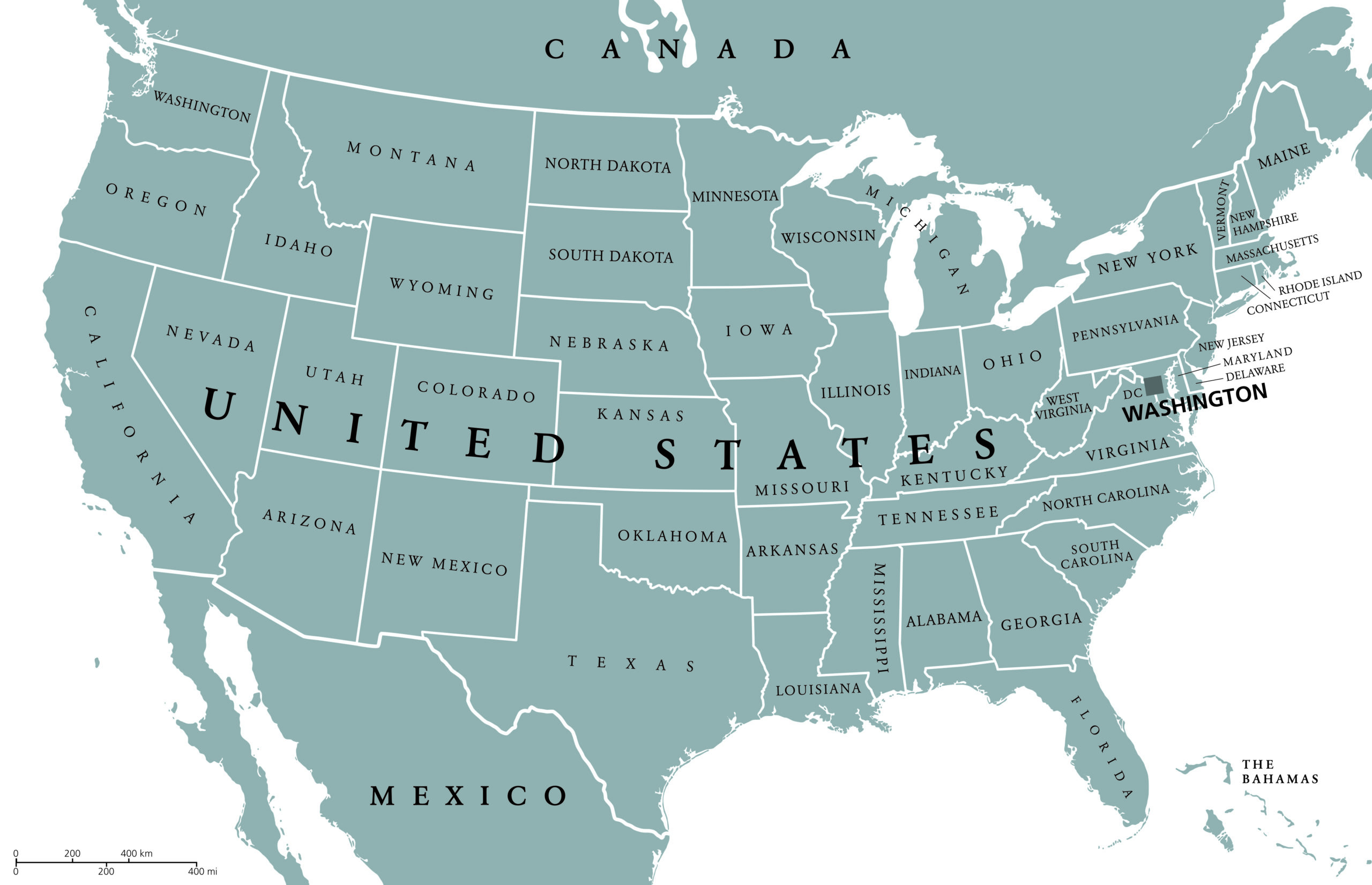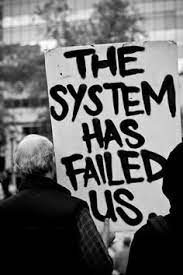
In 1936, a constitutional crisis arose in the British Empire when King Edward VIII proposed to marry Wallis Simpson, an American socialite who was divorced from her first husband and was pursuing the divorce of her second. The proposed marital union was frowned upon by the Government. As a result, The King chose to abdicate his throne.
The power and the authority behind his signature, which he affixed to the instrument of abdication, cancelled itself with the stroke of a pen. The monarchy, for a moment in time, was leaderless until his younger brother, the father of Queen Elizabeth II, agreed to succeed him.
Just recently, here in the United States, on February 20, 2023, a member of Congress — one of our most outspoken, one possessing the barest of civility, decorum and, perhaps, good judgement — suggested that the states which are now under conservative GOP control should “divorce” themselves or break off from those under liberal DNC control. This suggestion was really that which was hatched out of the spirit of the Confederacy of the old Antebellum South, but dressed up in a modern suit, tailored and pressed by treason, accessorized with a top hat of sheer recklessness, and with shoes burnished to a high gloss of incredulity.
As I thought upon what the congresswoman suggested, I wondered if she realized that as a member of the federal government, in the legislative branch, that she too would have been making her office, those of her colleagues in the House, and those in the Senate obsolete, whether by the ballot or by the stroke of a pen. In such matters, I suspect, given the demands of the Constitution and by the current heightened political polarization of the country that the bullet would resurface to serve as grand arbiter in such an affair as it did in the bloody and tragic American Civil War of 1861 to 1865.
One also needs to keep in mind that gubernatorial power does not, necessarily, reflect an elephantine partisan hegemony within each state regardless of political party. And, even if that were the case would there not likely be mass migrations of former U.S. citizens, those turned dissidents and refugees, during heightened political tensions, into regions which promise safe havens for people of their political ilk? One only needs to recall the bloodshed of people moving from India into Pakistan and from Pakistan into India after the old country was partitioned after independence from British colonial rule.
With any vote or violent conflict towards that end they would also be putting the Executive Branch and the Supreme Court on the scrap heap of history along with the Constitution. The State Department, the Internal Revenue Service, the Federal Reserve, the Department of Defense, the Department of the Interior, the Department of Justice, the F.B.I. and the C.I.A., along with all the other departments of the federal government, would become relics of the failed American democratic experiment.
The United States, as we have come to know it, as a matter of course, would become a complex tapestry of individual states or countries, bound together by the uneven quirks of geography. The Mason-Dixon line, which was used, informally, to separate the Northern free states from the Southern slave-owning states, back in the day, would not now apply. This would be the case not only because African chattel slavery no longer exists, but due also to the fact that states run by Republican governors, just like states governed by Democratic governors, are dotted all over the American landscape.
There are states of both political parties which can be found in the north as well as in the south, out in the east as well as out in the west, with some mixed in somewhere in the middle. Without federal oversight or control, and without federal dollars the North American continent could degenerate into smaller nation states competing for resources even to the point of armed conflict.
Are all the natural resources in this country evenly distributed across the various states? What of our mineral and oil deposits? What of our forests, lakes, rivers coasts and seaports? What of our farmlands? Hence, what would be the condition of the economies of the new nation states?
In an article published by Money Rates on December 12, 2022, of the ten states which carry the heaviest burden in terms of federal taxes seven of them were Democratic states, including California and New York, and three were Republican — Texas, Florida and Massachusetts. So, to separate the seven just named would deprive the less affluent Republican states of much-needed revenue.
Another article published on October 11, 2022 by Friends Committee on National Legislation, citing the U.S. Census Bureau, listed the top ten poorest states in the country, of those ten states seven were Republican — Kentucky, West Virginia, Mississippi, Arkansas, Alabama, South Carolina and Oklahoma. It is clear that such a separation of states, as the congresswoman proposed, would affect these seven Republican states the most.
Without the power of the federal purse, would the states, by themselves, be ready to tackle doubled or quadrupled unemployment and poverty? Without the vast resources of F.EM.A. how would they likely manage in the aftermath of natural disasters?
Which states would vie for and likely retain portions of the navy and the coastguard?
What of the control of our nuclear arsenal and their launch sites? Does each state have a fair share of all of our military manpower and machinery? What of our air force bases? What of our interstate highways and our railway system?
What of our international agreements? How will our former U.S. allies react to the political fragmentation?
As one considers such questions it is interesting to note that whereas some in this country would love to see a dissolution of the United States, perhaps thinking that each state would become stronger by “going it alone”, that her arch-enemies such as Russia and China would, likely, continue to entertain grand designs in respect to annexing countries which they feel rightly belong within their jurisdiction. Is that not the assertion of Russia with respect to the war it is now waging in the Ukraine? Is that not China’s contention over the matter of Taiwan? Is that not what the Argentinians had in mind in their war with the British over the Falkland Islands? Is that not what Hitler’s Germany assayed to do in Europe? But now, by a brand-new logic, there are politicians who seem deluded enough into thinking that they can take on the threats of numerous variegated, vitriolic and virulent international challenges – divided, just as the country is now barely managing to do so now – united.
Should the American democratic experiment fail, what a curious detour it would be taking since the American Revolution of 1765 to 1791 — successfully breaking from monarchy only to now get in bed with iron-fisted oligarchy or with rabid, unstable and volatile anarchy. Is what the congresswoman suggesting possible?
With the current situation in the country with many eating the hallucinogenic fruits of conspiracy theories, who have climbed and now sit atop thorny branches of white racist nationalism, and who love to brandish and wield the axe of private militarism, anything is possible, but the real question is if such a move would be prudent or practical. The possible answers have far-reaching implications on a global as well as a parochial scale.
Despite these challenges, I am, to some degree, and for the moment, optimistic that we might be able to hold on to our democracy for a little while longer. Pundits love to talk about how divided the country is and this is evident by how, almost, evenly balanced the current Congress is — both in the upper and lower houses. They often highlight the bad behaviour of some, and understandably so, as those who tend to scream the loudest tend to attract the most attention. They are appalled that so many in the electorate have sent so many bad actors to represent them in Washington, DC, but there are so many on Capitol Hill who reflect most, if not all, of the noble ideals which make the prospects for the future hopeful.
The congresswoman in question, and people like her, could, indeed, get their way, but they would have to breach, corral, subdue and then annihilate the opposition through violent means. Politics is ever a dynamic affair whether one seeks to push against something or is on the side which is bent on doing the resisting. Could the struggle become bloody and even deadly? Most certainly. But such a process is not strange to democracy. Perhaps today, against the threats posed by some in our very own government to democracy, each citizen, loyal to the Constitution, must ask what he or she is willing to do to protect and to defend it. Perhaps Thomas Jefferson was right when he said: “The tree of liberty must be refreshed from time to time with the blood of patriots and tyrants.”



